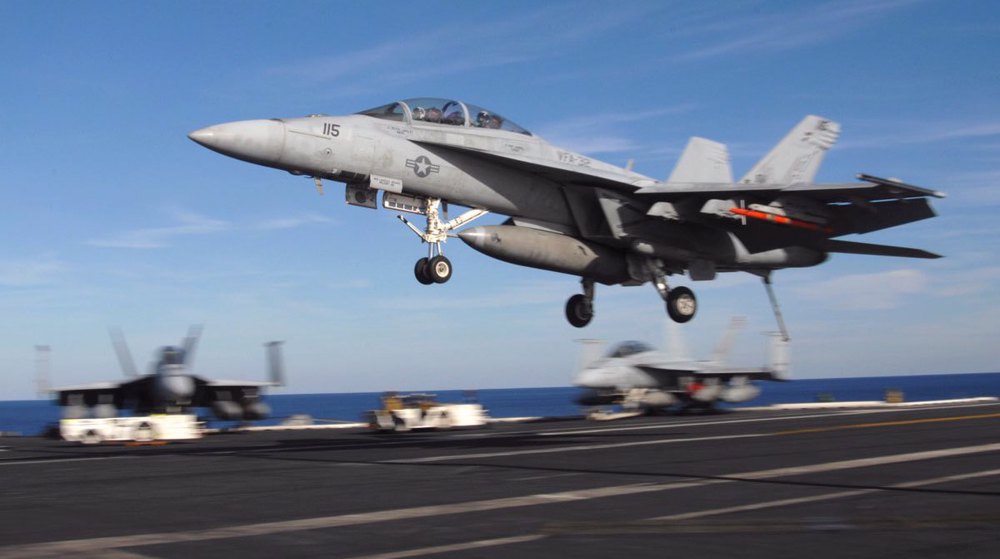ICC opens 3-day hearing on investigation into US war crimes in Afghanistan
The International Criminal Court (ICC) has opened a three-day hearing in The Hague to overturn an April decision scrapping a proposed investigation into US war crimes in Afghanistan.
In April, judges rejected a request by Fatou Bensouda, the court’s prosecutor, to examine atrocities committed by the American military and intelligence agencies as well as Afghan forces and the Taliban in the conflict between 2003 and 2004.
However, after the prosecution's appeal, the ICC on Wednesday opened a three-day hearing to overturn the April decision, and possibly allow investigation into the war crimes, as demanded by lawyers representing victims of the Afghanistan conflict.
In the three-day hearing, the prosecution is arguing the case before a panel of appeals judges in The Hague.
Lawyer Fergal Gaynor called the hearings "an historic day for accountability in Afghanistan". The 82 victims he represented were "united" in wanting an investigation, he said.
"Whatever their differences, they are united in their wish for the investigation to begin promptly into the crimes committed against them. We are here to challenge a decision that has extinguished all of their rights under the statute and has caused enormous damage to any hopes they have for justice and accountability,” he noted.
Meanwhile, a personal attorney of President Donald Trump has attempted to block efforts by the ICC to open the investigation into the US war crimes.
In response to the ICC’s move, Washington has revoked travel visas for its personnel. Trump has previously denounced the ICC, criticizing its “broad, unaccountable, prosecutorial powers.”
The preliminary evidence cited by the prosecutors suggest that the US forces in Afghanistan, including employees of the Central Intelligence Agency (CIA), mentally and physically abused Afghan detainees, which could constitute a war crime.
The war crimes investigation would include scrutinizing the actions of US forces who invaded Afghanistan in 2001 following the September 11 attacks on the pretext of overthrowing the Taliban. The conflict, however, resulted in the deaths of over 32,000 civilians, according to the UN.
The ICC, which opened in 2002, has jurisdiction over war crimes, genocide and crimes against humanity if they have been committed by nationals of a signatory state or if they took place on the territory of one of its members. Afghanistan is a member, the United States is not
VIDEO | Press TV's news headlines
Israeli strikes on north Gaza hospital ‘extremely dangerous, terrifying’: Director
VIDEO | Yemen targets Tel Aviv with Palestine 2 missiles
Pezeshkian: Iran resolved to complete North-South Transport Corridor
VIDEO | Iran-Syria: For Resistance
Qassam Brigades claims killing 3 Israeli troops in northern Gaza
More alive than ever: Sayyed Hassan Nasrallah's legacy grows stronger in martyrdom
Occupation of Syria’s highest peak Mount Hermon part of ‘Greater Israel’ project










 This makes it easy to access the Press TV website
This makes it easy to access the Press TV website